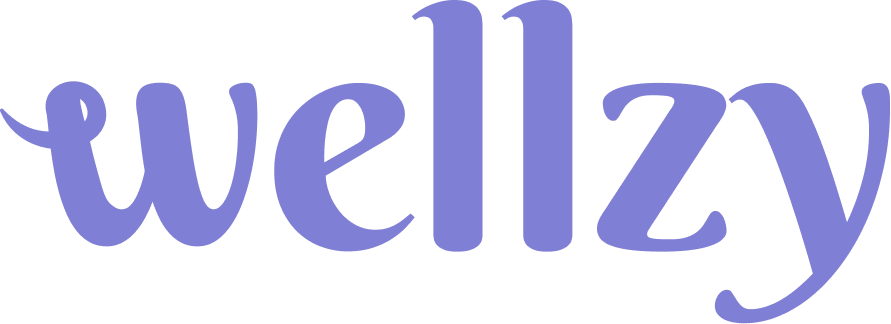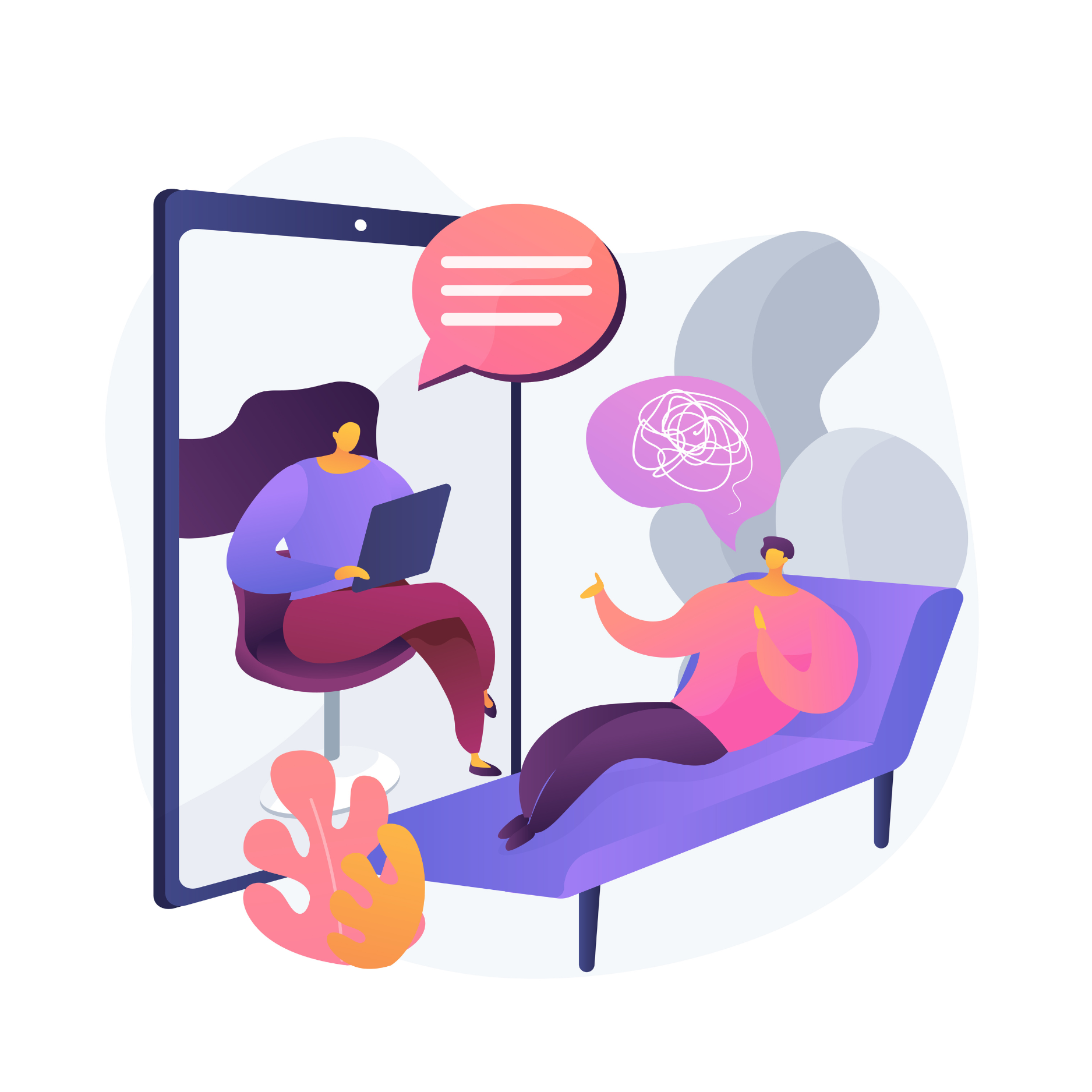The landscape of mental health care is evolving, with technology playing an increasingly significant role in enhancing the services available to individuals. At Wellzy, our AI therapist offers free therapy online, making mental health support more accessible. But AI therapy is not meant to replace traditional mental health services; rather, it complements them. In this blog post, we explore the benefits of integrating AI therapy with traditional mental health services to provide a more comprehensive approach to care.
The Strengths of Traditional Mental Health Services
Traditional mental health services, such as in-person therapy and counseling, have long been the cornerstone of mental health care. These services offer:
- Human Connection: Building trust and rapport with a therapist is crucial for effective treatment. Human therapists provide empathy, understanding, and emotional support that is difficult to replicate with technology.
- Complex Case Management: Human therapists are trained to handle complex mental health conditions, offering tailored interventions and therapeutic techniques based on individual needs.
- Ethical and Legal Oversight: Traditional mental health services adhere to strict ethical guidelines and legal requirements, ensuring the safety and well-being of clients.
The Advantages of AI Therapy
AI therapy brings unique benefits to the table, making mental health care more accessible and convenient:
- Accessibility: AI therapists are available 24/7, providing online therapy help free of time or location constraints. This accessibility is particularly valuable for individuals in remote areas or those with busy schedules.
- Affordability: Platforms like Wellzy offer free therapy online, making mental health care accessible to a broader audience without the financial burden associated with traditional therapy.
- Consistency: AI therapists provide consistent and unbiased support, offering a reliable source of care that is not influenced by human emotions or fatigue.
- Personalization: AI therapists use advanced algorithms to analyze user interactions and provide personalized care, tailoring their responses to meet individual needs.
The Benefits of Integration
By integrating AI therapy with traditional mental health services, we can create a more comprehensive and effective approach to care. Here’s how:
1. Complementary Support
AI therapy can serve as a complementary tool to traditional therapy, providing support between sessions. For example, users can check in with an AI therapist for daily mood tracking, coping strategies, or stress management techniques, while reserving in-person sessions for deeper, more complex issues.
2. Enhanced Accessibility
AI therapy helps bridge the gap for individuals who may face barriers to accessing traditional mental health services. Whether due to geographic limitations, financial constraints, or stigma, AI therapy provides a solution that ensures no one is left without support.
3. Early Intervention
AI therapists can play a crucial role in early intervention, identifying potential mental health issues before they escalate. By providing online therapy help free of delays, AI therapy encourages individuals to seek help at the first sign of distress, leading to better long-term outcomes.
4. Data-Driven Insights
AI therapists can collect and analyze data from user interactions, providing valuable insights that can inform traditional therapy. This data can help human therapists better understand their clients’ needs, track progress, and adjust treatment plans accordingly.
For more information on how AI can complement traditional therapy, visit Healthline’s article on AI in therapy.
Real-World Applications
Integrating AI therapy with traditional mental health services is already showing promise in various real-world applications:
- Teletherapy Platforms: Many teletherapy platforms now include AI-powered chatbots that provide immediate support and resources, complementing video sessions with human therapists.
- Employee Assistance Programs (EAPs): Companies are integrating AI therapy into their EAPs to offer employees instant access to mental health support, alongside traditional counseling services.
- Mobile Mental Health Apps: Apps like Wellzy combine AI therapy with access to licensed human therapists, offering users a hybrid approach to mental health care.
Conclusion
The integration of AI therapy with traditional mental health services offers a holistic approach to care, combining the strengths of both human and artificial intelligence. By providing accessible, affordable, and consistent support, AI therapists can complement the work of human therapists, ensuring that individuals receive the comprehensive care they need. Explore the benefits of AI therapy and traditional mental health services with Wellzy, where we offer free therapy online to support your mental well-being.
Further Reading
For more insights into integrating AI with traditional mental health care, explore these resources:

